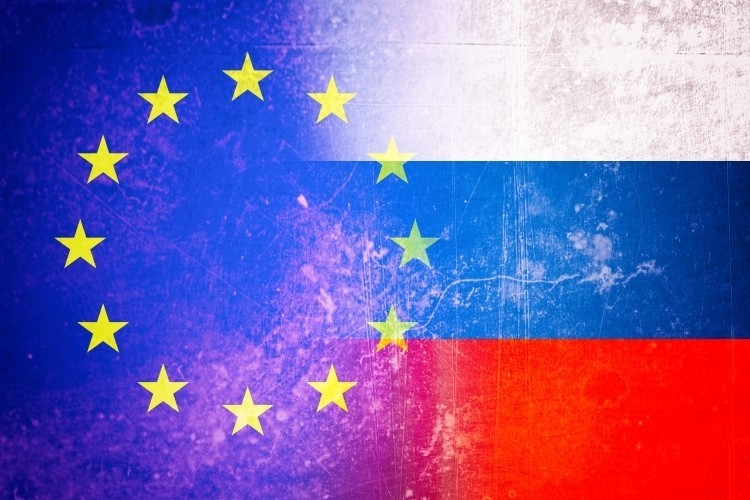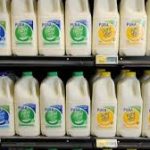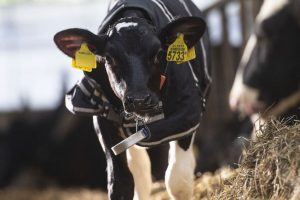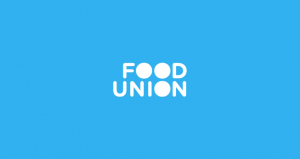
In 2014, the EU imposed economic sanctions against the Russian Federation. In response, the Russian Federation imposed import bans on agricultural products (including dairy) from the EU.
As a result of the bans, EU dairy exports (30,000 tons of butter, 257,000 tons of cheese, 21,000 tons of SMP and 26,000 tons of whey powder on an annual basis) with a total annual value of €1.4bn ($1.54bn) came to a complete halt.
The countries most adversely affected by the ban were Finland, the Netherlands, Lithuania, Poland and Germany.
Following the introduction of the sanctions, EU dairy prices (butter, cheese and SMP) continued to decrease significantly, the report noted.
The EU economic sanctions are effective until the end of January 2020, however, L’Interform said that it has been hearing the EU and Russia might be reconsidering their current stance.
Should the sanctions no longer be in place, L’Interform said it expects a short-term positive price shock to European dairy prices and significant business opportunities for competitive EU dairy companies.
Russia currently imports around 250,000 tons of cheese per annum, and EU producers used to enjoy almost 60% of the market share. On a smaller scale, the Russian dairy market also has the potential to open up several tens of thousands of tons of additional butter export for EU producers.
As a result of the sanctions, Russia has increased its internal dairy production, however, the increase in production has not been enough to fill the gap, and to reach a self-sufficient domestic dairy industry. Therefore, Russia has still been relying on dairy imports – although at lower volumes – now predominantly from Belarus. In 2018, cheese imports from Belarus accounted for 83% of total Russian cheese imports.
The EU extended economic sanctions against Russia until the end of January 2020, however, according to L’Interform, some EU members, most notably Italy, Hungary, Greece, France, Cyprus and Slovakia are sceptical about the sanctions, and have called for a review.
In addition, due to the recently-introduced additional US import tariffs on a wide range of EU products, dairy products are facing tough sales conditions to the US market.
L’Interform said its sources believe that the parties might consider changing their positions, but it is not clear if this is being driven by economic factors or if political considerations are also involved.
L’Interform said there is a significant business opportunity for European dairy companies should the ban be lifted, or the ban not extended.
Any increases wold come primarily at the expense of Belarus, the report argues, adding that European imports could also compete readily with newer Russian products.
Russia was also recently admitted to the International Dairy Federation (IDF).




















